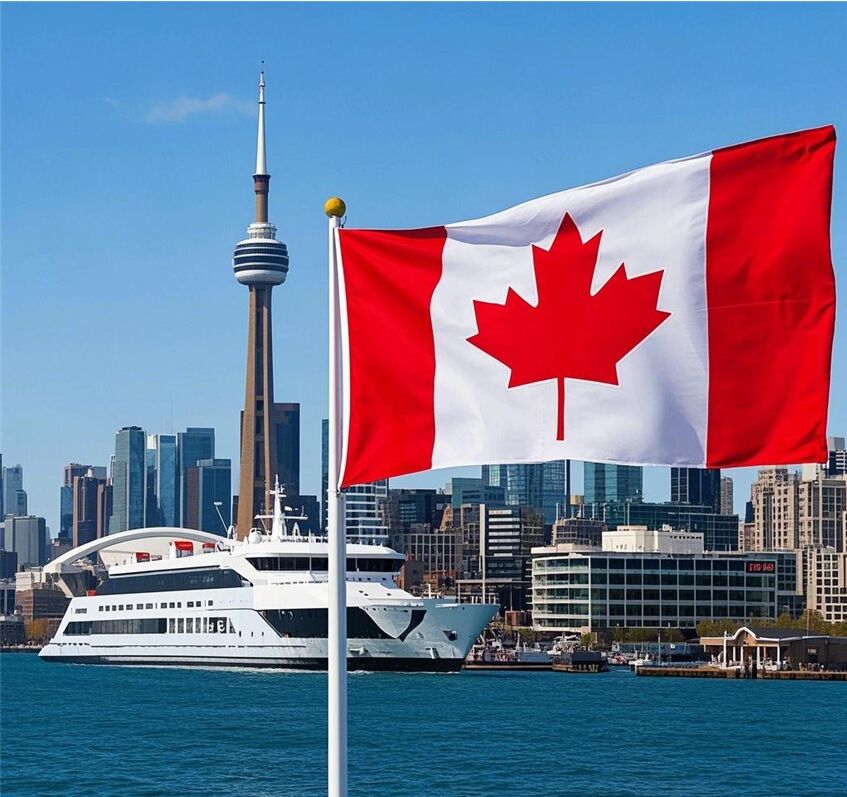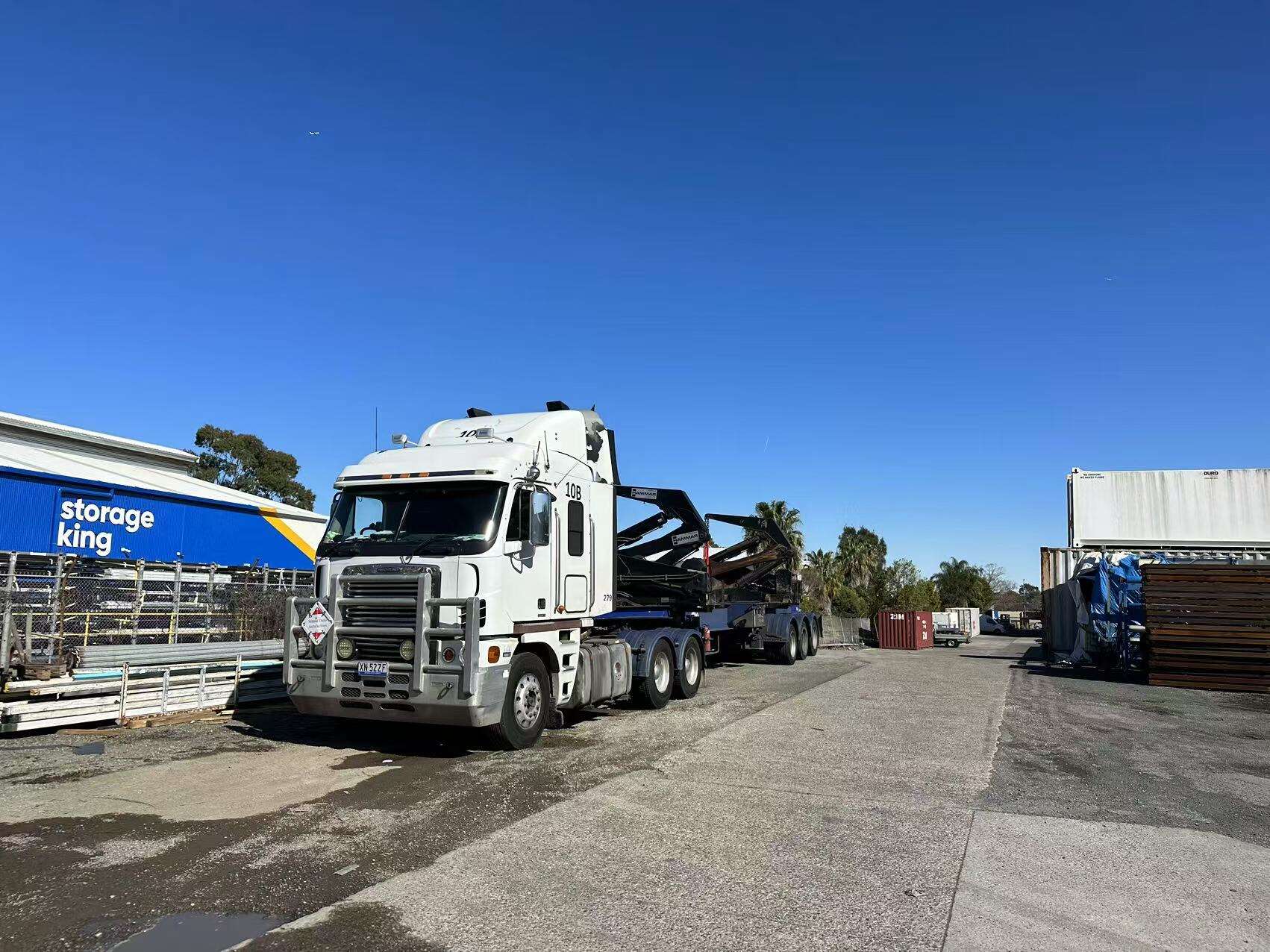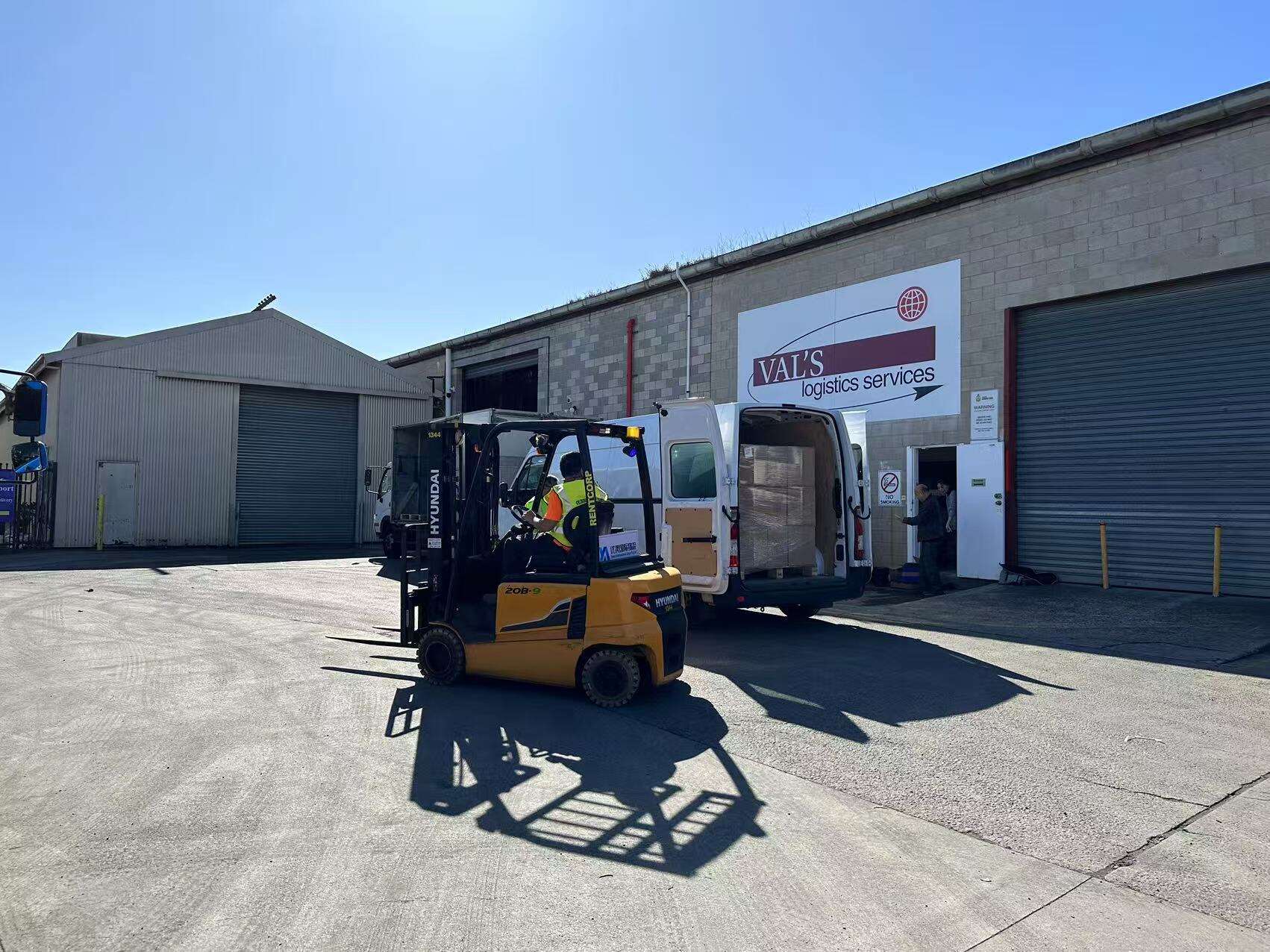DHL's Evolution as a Global Logistics Leader
From Air Freight Pioneer to Multimodal Powerhouse
Back in 1969, DHL started out as just a small messenger service specializing in air couriers, quickly making waves in the industry thanks to how differently they handled freight compared to others. As businesses needed more complete logistics options, DHL grew beyond its original air freight focus, adding sea freight operations and land transportation services along the way. This move made them a true multimodal player capable of handling all sorts of shipping needs. Buying up several important freight forwarding firms helped boost DHL's ability to handle international shipments across borders, keeping them at the top of the global logistics game. These purchases did more than just expand what they could offer customers; they actually improved how efficiently goods moved through DHL's vast network, showing that the company remains dedicated to delivering solid freight forwarding solutions even today.
Key Milestones in International Freight Shipping
DHL has always pushed boundaries when it comes to innovation and growing its operations, with several key moments standing out along the way. The company made history back in 1971 with its very first international flight, which paved the road for many technological improvements in how goods get shipped around the world. Since then, DHL has steadily moved into new markets where others hesitated, building up a solid web of logistics centers across continents to handle all sorts of international freight needs. What we see today isn't just luck but careful planning and flexibility on DHL's part. Market analysts regularly point out that DHL keeps gaining ground against competitors, thanks largely to their fresh ideas and strong position in global freight logistics. Looking ahead, DHL stays ahead of the curve by integrating advanced tech solutions that actually work better and deliver superior customer experiences in practice.
DHL's Global Network & Freight Shipping Capabilities
Strategic Air/Ocean Hub Infrastructure
What makes DHL stand out in global logistics lies in its carefully placed air and sea hubs around the world, all working together to keep operations running smoothly. Combining air and ocean freight services allows DHL to manage its supply chains better, getting goods from one country to another quickly and reliably most of the time. Take the DHL Americas Hub located in Cincinnati for example. This facility serves as a major connection point, handling tons of cargo every day which really demonstrates how well their hub system works. The Cincinnati location processes roughly 30% of all air freight going through DHL's North American operations according to recent reports, giving a clear picture of just how extensive their logistics reach actually is.
Customs Compliance in Cross-Border Logistics
Getting customs compliance right makes all the difference when shipping goods internationally, something DHL really nails down. When companies stick closely to what customs authorities require, it cuts down on those frustrating delays everyone hates. That's exactly what DHL does day in and day out. They've got specialists who handle everything related to moving cargo across borders. These folks know how to deal with problems that come up constantly in customs work like messed up paperwork or sudden rule changes from different countries. What sets them apart is how quickly they jump on these issues before they become big headaches. International clients tend to stick with DHL because they know shipments won't get stuck at ports or warehouses waiting for someone to fix paperwork mistakes.
Handling Specialized Cargo (Lithium Batteries, Pharmaceuticals)
Transporting specialized items such as lithium batteries and medicines presents real headaches for anyone involved in global shipping operations. DHL has developed some pretty solid methods over the years for moving these tricky goods around safely while meeting all the necessary regulations. When dealing with dangerous materials or products that need strict temperature controls, DHL provides customized shipping solutions featuring advanced monitoring equipment and climate controlled containers throughout transit. One particular instance stands out where they managed an entire shipment of vaccines that had to stay within a narrow temperature range during transport across multiple continents, showing just how capable they are when faced with complex freight demands.
Technology-Driven International Logistics Solutions
Real-Time Tracking for Supply Chain Transparency
DHL uses advanced tracking tech to keep customers updated on where their freight is at every step of shipping. When folks can actually see what's happening with their packages, it makes a big difference for how efficient operations run and builds trust over time. People get involved in checking shipment statuses themselves these days. Real time tracking matters a lot for keeping customers happy while making sure everyone along the supply chain stays accountable. Logistics research indicates that when shippers have constant access to freight information, customer confidence jumps around 60 something percent. Transparency helps DHL spot problems fast before they turn into bigger headaches, which keeps clients coming back satisfied with service.
AI-Powered Route Optimization
Artificial intelligence has completely changed how companies plan delivery routes in the logistics world, saving both money and time across the board. Take DHL for instance they've implemented smart AI systems that figure out the best shipping paths. This means packages get where they need to go faster while burning less fuel in the process. The real magic happens when unexpected things pop up during transport AI lets DHL adjust on the fly instead of getting stuck with inefficient routes. Some actual numbers back this up too. One particular case study looked at international freight forwarding and saw transit times drop by around 20%. Industry experts have been tracking this shift closely, and what we're seeing is a clear pattern toward greater dependence on AI tech throughout freight forwarding operations. For many logistics firms today, going digital isn't just trendy it's becoming essential for staying competitive in an increasingly complex global market.
E-commerce Logistics & Sustainable Shipping Practices
Last-Mile Delivery Innovations for Cross-Border Retail
As online shopping continues to boom, DHL has had no choice but to shake up how it handles those final deliveries right to people's doorsteps. They're testing out some pretty cool tech like delivery drones which cut down on time wasted sitting in traffic jams. Cities across Europe already have those blue lockers popping up everywhere where folks can grab packages at their convenience instead of waiting for someone to show up with a box. The numbers tell us something interesting too - international shipping through e-commerce keeps growing faster than anyone expected, partly because companies finally figured out how to get stuff delivered quicker. For DHL, investing in all this new gear isn't just about saving money on fuel costs anymore. It's about keeping pace with what shoppers want today: faster service and more flexibility when receiving goods.
Carbon-Neutral Freight Forwarding Options
DHL shows its green credentials through various carbon neutral shipping options across their network. Part of their broader eco plan involves investing in carbon offset schemes which help cut down on the environmental footprint of logistics operations. With these programs, DHL tracks their own carbon output then funds similar cuts somewhere else, often supporting tree planting initiatives or clean energy developments around the world. According to recent reports, these green efforts have led to real drops in overall emissions, making a tangible difference in sustainability goals globally. As companies and consumers become more environmentally conscious, DHL's approach positions them at the forefront of sustainable freight solutions, something many businesses are now actively seeking when choosing their shipping partners.
IATA-Compliant Dangerous Goods Handling
When dealing with hazardous materials in the supply chain, following international rules isn't just recommended it's absolutely necessary for everyone's safety. At DHL, we take this seriously through our extensive training programs for staff handling dangerous cargo. Our people get hands-on instruction covering all aspects of IATA guidelines that keep things running safely when transporting goods across borders. The extra effort pays off big time though. Clients know they can trust us with their delicate shipments because our team is properly certified and constantly updated on regulatory changes. We've built a reputation over years of operation as one of the most reliable options for companies needing to move risky or controlled substances without worrying about mishaps along the way.
Future Trends in International Freight Forwarding
Blockchain for Enhanced Customs Clearance
The blockchain tech is changing how customs work happens in global shipping operations. When information gets stored across multiple locations instead of one central place, it cuts down on wait times and makes everything more transparent for everyone involved. DHL has taken some big steps forward in testing out blockchain applications for smoother customs handling. They started running test programs where their blockchain system connects directly with current logistics software used throughout the industry. What this means practically is that ports, shippers, and customs officials can see what's happening with shipments as they happen, which speeds things along at border crossings. Industry insiders think we'll see a lot more companies jumping on board with blockchain for customs within the next few years. The technology seems poised to become standard practice in international freight movement pretty soon. And beyond just saving time, it actually strengthens trust in the whole freight forwarding process too.
Regional Trade Corridor Development Strategies
Creating regional trade corridors has become really important for improving how goods move around the world. These special routes help things get from one place to another much quicker and with fewer problems, which makes the whole freight forwarding process work better. Take DHL for instance – they've been putting serious money into building new logistics centers and upgrading their shipping operations right along these key trade paths. The goal? To stay at the top of their game when it comes to moving cargo internationally. Looking at the numbers, places such as Southeast Asia and parts of Africa show huge opportunities for freight businesses looking to grow. With populations rising and economies expanding in these regions, companies need to come up with smart plans specifically designed for each area if they want to keep up with demand and actually shape where global trade goes next.
Table of Contents
-
DHL's Evolution as a Global Logistics Leader
- From Air Freight Pioneer to Multimodal Powerhouse
- Key Milestones in International Freight Shipping
- DHL's Global Network & Freight Shipping Capabilities
- Strategic Air/Ocean Hub Infrastructure
- Customs Compliance in Cross-Border Logistics
- Handling Specialized Cargo (Lithium Batteries, Pharmaceuticals)
- Technology-Driven International Logistics Solutions
- Real-Time Tracking for Supply Chain Transparency
- AI-Powered Route Optimization
- E-commerce Logistics & Sustainable Shipping Practices
- Last-Mile Delivery Innovations for Cross-Border Retail
- Carbon-Neutral Freight Forwarding Options
- IATA-Compliant Dangerous Goods Handling
- Future Trends in International Freight Forwarding
- Blockchain for Enhanced Customs Clearance
- Regional Trade Corridor Development Strategies




